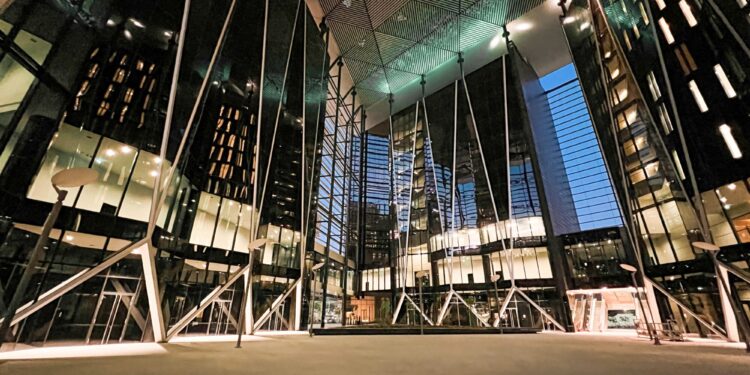Saudi Arabia is rapidly transforming into a global center for technology startups, driven by sweeping regulatory changes and a strong push for innovation. As the Kingdom seeks to diversify its economy beyond oil, experts note the business environment is becoming both more competitive and predictable.
Feras Mousilli, managing partner at Lloyd & Mousilli, highlighted the fast pace of regulatory evolution, emphasizing the government’s commitment to Vision 2030 by reducing barriers and encouraging tech innovation, according to Arab News. However, startup founders still face challenges as new rules sometimes clash with the rapid pace of technological change.
Key regulatory bodies like the Saudi Central Bank and the Capital Market Authority have introduced sandbox environments and tiered licenses, allowing startups to experiment with fewer restrictions. One major advancement is the adoption of open banking, which requires financial institutions to share data with third-party fintech firms, fostering competition and inclusion.
Hisham Al-Falih, founder of Lean Technologies, pointed out that recent regulatory changes—especially the rollout of open banking and the upcoming Payments Initiation Service—are the result of years of collaboration between startups and regulators.
Business Law Reforms and Startup Surge
Beyond fintech, Saudi Arabia has overhauled its business laws, including a new Investment Law that streamlines processes for foreign and domestic investors and a revised Companies Law that simplifies startup incorporation. Companies were required to update their Articles of Association to align with international standards.
These reforms coincide with a surge in startup activity. According to the Global Startup Ecosystem Index, Riyadh jumped 60 places to become the 23rd-ranked city worldwide for startups. Venture funding has seen a 49 percent compound annual growth rate from 2020 to 2024, with artificial intelligence startups gaining prominence, as reported by Startup Genome.
- The Kingdom now hosts over 200 fintech companies, supported by regulatory sandboxes and initiatives like Fintech Saudi.
- Notable startups such as Lean Technologies, Rasan, and Tamara have attracted significant investment.
- The cybersecurity sector is also growing, with Riyadh-based firms developing AI-driven solutions for compliance and fraud prevention.
Venture Capital Growth and Regulatory Challenges
Saudi Arabia leads the Middle East and North Africa in venture capital activity, raising $860 million in the first half of the year—a 116 percent increase year-on-year—according to MAGNiTT. The number of venture capital deals rose by 31 percent, and 550 Startup Investment Registrations, or Riyadi licenses, were issued by mid-2025, reflecting a 118 percent annual growth.
Despite this momentum, Mousilli cautioned that complex compliance requirements can burden startups, potentially diverting resources from growth. Regulators are responding by adopting risk-based supervision, tailoring oversight to company size and impact.
New mandates on ownership disclosure, anti-money laundering, and ESG reporting are also boosting transparency. The Digital Government Authority reported that digital transformation readiness surpassed 74 percent in 2025, reflecting efforts to digitize public services.









